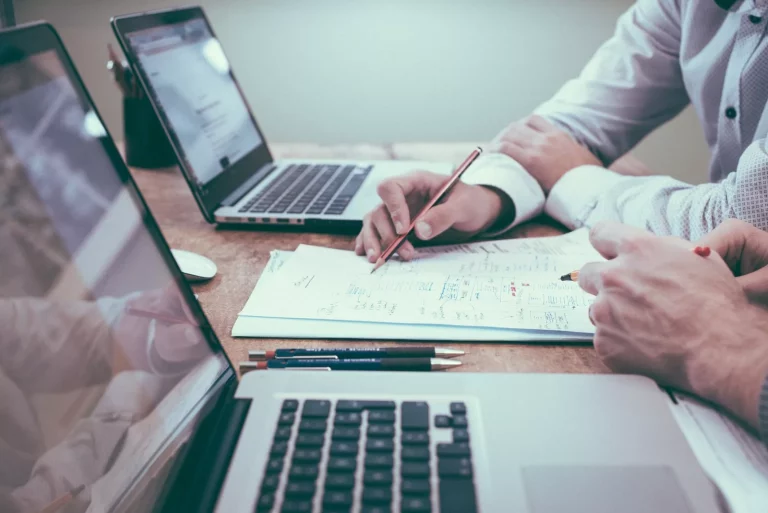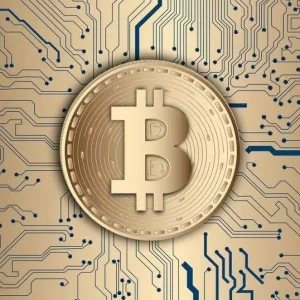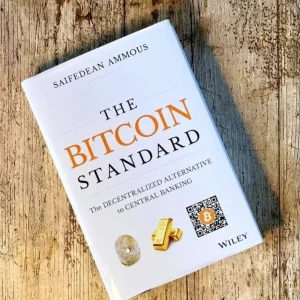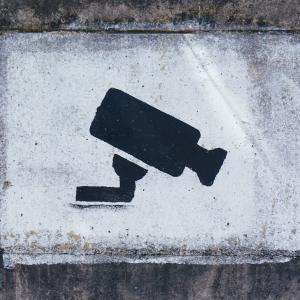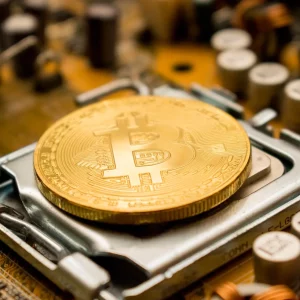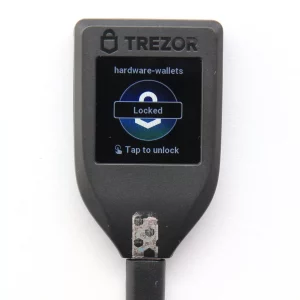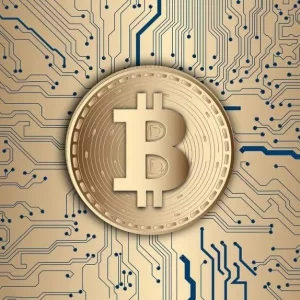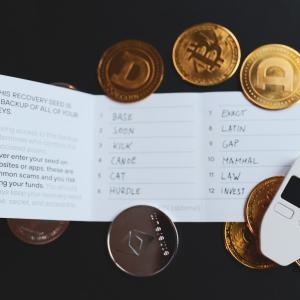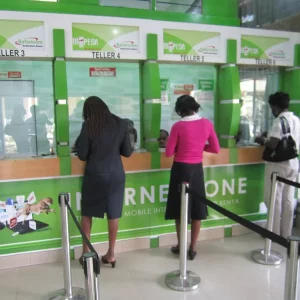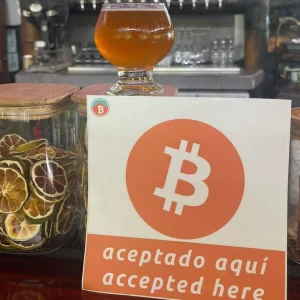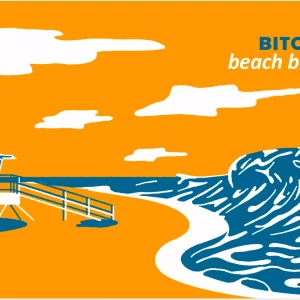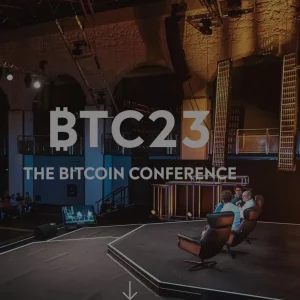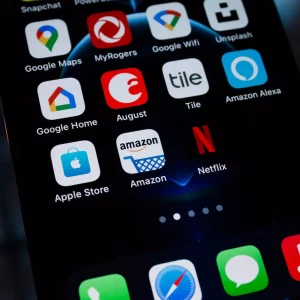Bitcoin exchanges use Proof of Reserves (PoR) to demonstrate that they have enough funds to cover all customer deposits. The goal of Proof of Reserves is to increase transparency and trust in the exchange.
With the collapse of Scam Bankster Fraud‘s FTX in November 2022, Proof of Reserves has become quite the hype on crypto Twitter. Bitcoiners rightly point out that Proof of Reserves doesn’t really prove that much after all.
Proof of Reserves is a great idea.
Do you know what's even better?
No reserves. #NotYourKeysNotYourCoins
— Relai ?? (@relai_app) November 15, 2022
Weaknesses of Proof of Reserves
For starters, Proof of Reserves only provides a snapshot of an exchange’s holdings at a specific point in time and provides no information about the exchange’s overall financial stability or risk management practices. For example, an exchange may have a large asset reserve, but it may also have a large amount of debt or be experiencing liquidity issues, which may impact its ability to honor withdrawal requests from customers.
Second, Proof of Reserves is dependent on the honesty and transparency of the exchange, as it relies on the exchange to display the correct information. As with FXT, there is no independent third-party audit to verify the information presented, leaving customers vulnerable to fraud or mismanagement.
Any system that can be gamed, will be gamed.
If you rely on regulation for safety, regulators will be gamed.
If you rely on Proof of Reserves, reserves will be gamed.
This is why we “Don’t Trust. Verify.”
There’s no substitute for controlling your own money. #Bitcoin
— Samson Mow (@Excellion) November 15, 2022
Third, Proof of Reserves assumes that the exchange keeps all of its assets centralized, which can lead to a single point of failure and increase the risk of theft or loss. In contrast, decentralized exchanges such as Bisq connect people who want to buy or sell bitcoin, making it more difficult for an attacker to compromise the entire system.
Fourth, Proof of Reserves can be manipulated because the exchange can present false information about its solvency. For example, an exchange could artificially inflate its reserves by including assets such as futures contracts or options that it does not actually own.
While Proof of Reserves is one of several factors to consider when choosing a cryptocurrency exchange, it should not be used as the sole indicator of an exchange’s security and trustworthiness. You should do your homework when choosing an exchange and consider a variety of factors such as the exchange’s track record, security measures, and regulatory compliance. Since the invention of bitcoin, many people have lost money as a result of the collapse of these crypto exchanges.
Find out more: List of collapsed exchanges that disappeared with user funds
Proof of Reserves are easily gamed. https://t.co/bal1MPq7hw
— Marty Bent (@MartyBent) November 13, 2022
Solution
The best solution to the problems associated with proof of reserves is self-custody via mobile wallets and/or hardware wallets. Individuals have full control and responsibility over their own bitcoin in self-custody, as opposed to relying on a third-party custodian such as a centralized exchange. This eliminates the need for a trusted third party and gives the asset owner complete transparency and control.
Self-custody, on the other hand, necessitates a certain level of technical expertise and personal responsibility, and there is a risk of loss or theft if the assets are not securely stored. Nonetheless, self-custody is a promising solution for bitcoin holders who value privacy, control, and security.
Find out more: What is bitcoin self-custody and why it’s important
Crypto influencers are desperately trying to push Proof of Reserves (PoR) to try to save the "crypto industry".
Instead, they should be pushing self-custody of #bitcoin… https://t.co/P0WeaazGkC
— Bitcoin is Saving (@BitcoinIsSaving) November 14, 2022

